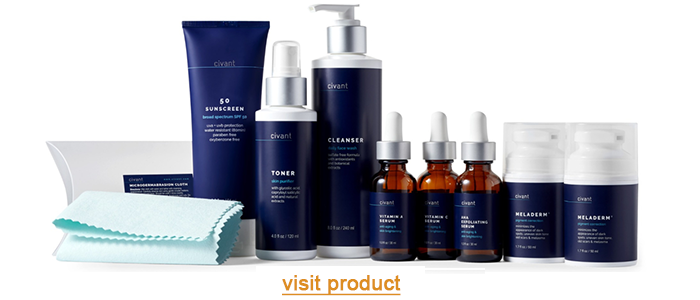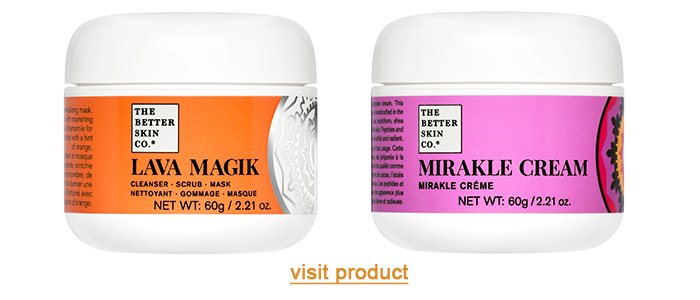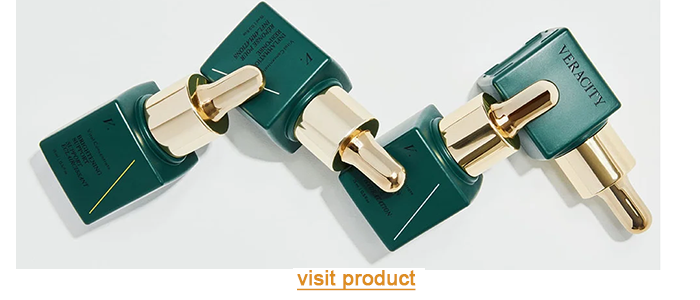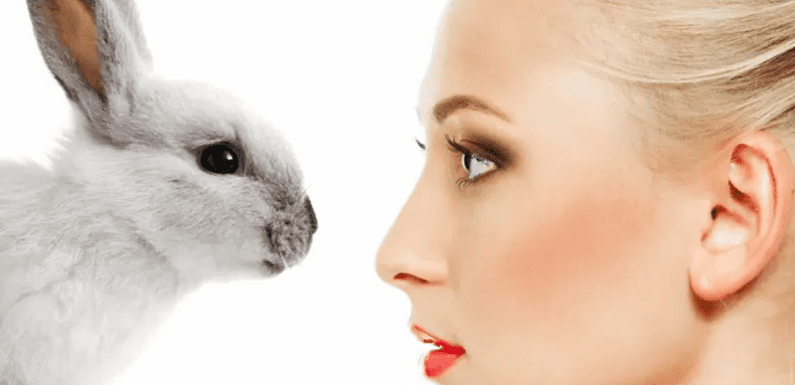
Whenever you have a look at the labeling on your cosmetics items, one catchphrase you will probably be finding a lot more of recently is cruelty-free. If you are interested in the under-the-table strategies of the skincare organizations you choose goods from, then cruelty-free is most decidedly a phrase you’ll wish to find out a lot more about.
People expect that personal care items can’t be tested on live animals these days. Unhappily, this is not the way things work. Plenty of corporations do still carry out tests on animals currently, whether on their own or by financing animal trials.
For Cosmetics, What Does It Mean to Be Cruelty-Free?
The phrase cruelty-free indicates that animal testing is banned in every single level of the manufacture technique of a cosmetic item. Thus, an item that is cruelty-free is not inevitably vegan, for example an item that isn’t tested with animals but incorporates honey.
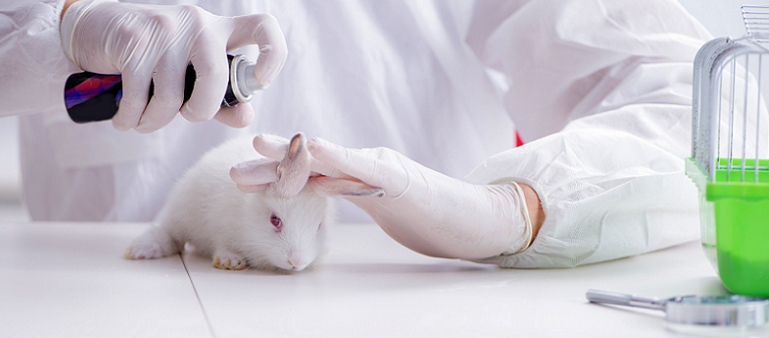
Cruelty-free cosmetics concerns goods which are created without having testing with animals. The testing of items on animals to demonstrate their essential safety for human usage in truth has a very long record in the United States. Testing with animals began in 1938 following the U.S. Food, Drug & Cosmetics Act, which called for cosmetic industries to substantiate that their cosmetics were risk-free for buyers to apply.
The FDA does not unequivocally mandate the utilization of animal testing, but testing products on the skin and in the eyes of animals was a technique that cosmetic companies decided on to show the essential safety of their items, and the Draize irritancy test transformed into a barometer in the profession for several decades. Considering these types of tests can possibly be regarded as brutal for the animal test subjects, animal rights groups pressured for other options to animal testing throughout the years.
These days, quite a few businesses dispense with customary animal testing and as a substitute turn to techniques including vitro clinical testings to make certain that their items are risk-free for use on people.
What Are Vegan Cosmetics?
If a cosmetic product is labeled vegan, it shows that it has no compounds obained from animals, which are very often featured in cosmetic products and skin care products. Various examples involve carmine (a burgandy pigment comprised of mashed bugs), substances derived from bees which include beeswax or honey, and lanolin.
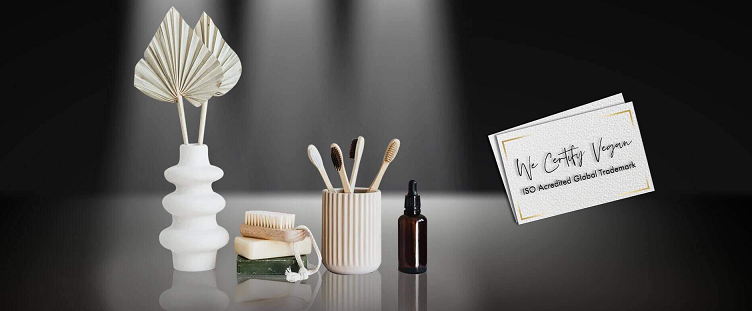
Vegan cosmetics categorizes products that don’t have any animal-derived (such as cholesterin, gelatine, or collagen) ingredients or animal by-products (including beeswax or milk). The expression “vegan” isn’t standardized by law and is often applied when product lines do not feature any ingredients acquired from animals.
Does Cruelty-Free Imply Vegan?
What is the distinction between cruelty-free and vegan skincare products is? Let’s get a better look here.
A lot of people assume that vegan in addition denotes that the cosmetic items are compounds that have not been experimented with animals. Bear in mind, vegan doesn’t intimate that these products haven’t been tested using animals. A vegan skincare product is not necessarily cruelty-free.
Unsurprisingly, there are many businesses that put out vegan cosmetic products that are in addition cruelty-free. Usually, products and/or complete product lines come with a documentation that substantiates the idea they are vegan like the Vegan Society seal of approval.
To summarize the difference:
- Cruelty-free: Never tested with animals
- Vegan: Doesn’t be composed of animal-derived substances
The Benefits of Going Cruelty-Free
Overall, 125,000 to 250,000 animals suffer and die in animal experimentations yearly. Most often, the animals involved are guinea pigs, rats, mice, and bunnies.
All of these animals are virtually nothing more than utensils for research, and they waste away in very painful tests. At the end of a test is complete, the animal is dispatched, typically by neck-breaking or decapitation.
The only real reason such horrific animal testing occurs is as a result of animal studies are less expensive than the non-animal choices, though this kind of testing is ultimately less exact. Right now there’s just simply no necessity for animal testing.
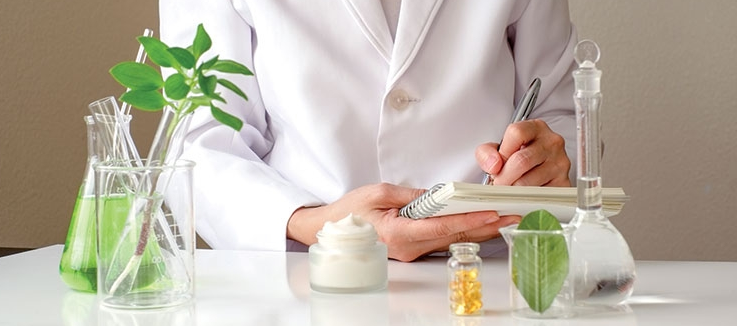
Where Can One Obtain Cruelty-Free Cosmetics?
Cosmetics exclusively manufactured free from animal testing is more often than not identified as “cruelty-free” or “not tested on animals” on the product packaging. You might also seek out The Leaping Bunny Logo, which is a globally understood image for cruelty-free skincare. Furthermore, PETA (The People for the Ethical Treatment of Animals) administers Beauty Without Bunnies, a searchable web-based database of skincare organizations that will not test their product lines on animals. You can search to choose which companies deliver cruelty-free cosmetic products.
Cruelty-Free Kitty
Cruelty-Free Kitty is an third-party, independent association established by Suzana Rose in 2013. Since the start they have connected with companies especially for more information and facts relating to their animal testing behavior. Right now, their data store has developed to more than 975 companies, of which about 575 are affirmed cruelty-free.
The objective of Cruelty-Free Kitty is to equip individuals with the legitimacy behind their policies, and be sure these cosmetic manufacturers are not conning a person into making a purchase. This organization understands that choosing with your money is the smartest process to bring along practical shift, and Cruelty-Free Kitty also care about encouraging brands that are undeniably completely cruelty-free.
Cruelty-Free Kitty asks brands questions like the below examples:
- Do your vendors test using animals? How do you make sure of this?
- In which countries do you sell your items (ignoring online sales)?
- Do you test on animals in places where the law requires?
Beauty Without Bunnies
The PETA Beauty Without Bunnies program includes a list of brands and companies that do not use animals for testing throughout the world has been looked at as the foundational standard for animal rights advocates hoping to purchase with empathy since 1988. This PETA directory has evolved greatly throughout the decades, from an only several mail-order businesses to a couple of thousand of manufacturers that decline to facilitate, appoint, finance, or support tests on any animals for any of their compounds, formulations, or goods anyplace in the world. The Beauty Without Bunnies checklist features producers of cosmetics, personal-care items, household cleaning items, and other common household products.
For a skincare business be mentioned by PETA or display the Animal Test-Free logo or the PETA Approved Global Animal Test Policy logo, brands and companies must agree under no circumstances to carry out, employ, spend for, or enable any tests on animals during any facet of cosmetic production, for both substances and ultimately products. They’re expected to have contracts in effect with their vendors assuring that the distributors will under no circumstances, from the time the arrangement is confirmed, perform, subcontract, purchase, or permit testing on animals.
Buying From Cruelty-Free Cosmetic Brands
A large number of cosmetic companies put a great deal of importance on producing cruelty-free skincare product lines. Below are a few of the popular companies.
Civant Skincare
Each of the Civant Skincare product lines are cruelty free and vegan. In addition, Civant Skincare is an associate of the PETA Beauty without Bunnies program.
The Better Skin Co
The Better Skin Co. does not test any constituents or finalized cosmetic products on animals. The Better Skin Co. does not collaborate with manufacturers or suppliers who carry out testing with animals. Their aim is to cultivate a supply chain completely free of animal testing.
Veracity Selfcare
Veracity Skincare is devoid of constituents that can conflict with your hormones, including silicone, fragrance, gluten, and sulfates. All of their cosmetics are vegan, cruelty free and Leaping Bunny authorized cruelty free.
